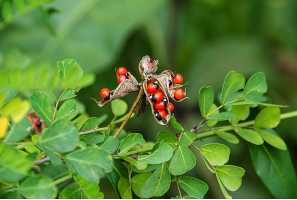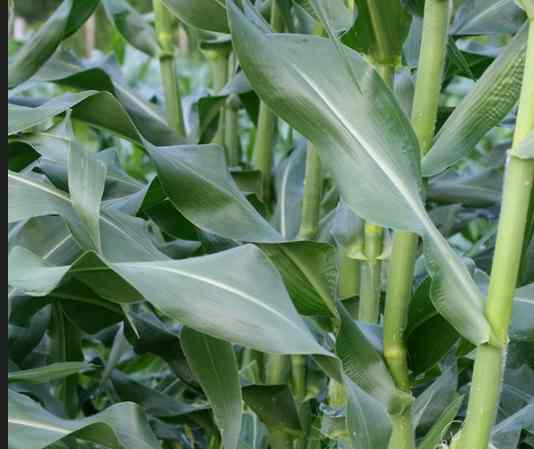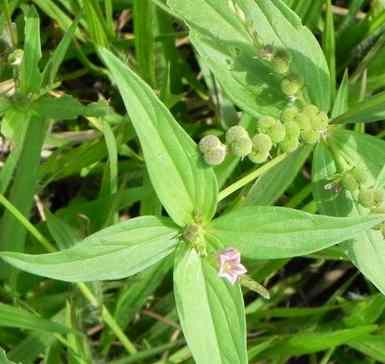
support@yorubalibrary.com
+2348073529208, 07038599574

Ewe Werenjeje, known in English as the Rosary Pea and botanically as Abrus precatorius, is a highly potent plant in Yoruba traditional medicine and spirituality. The name “Werenjeje” in Yoruba hints at its delicate but powerful nature.
Though the seeds of the Rosary Pea are highly poisonous if consumed raw, its leaves and properly processed parts are used in Yoruba herbal medicine for treating fever, inflammation, and cough. Spiritually, it is well-respected for protection, reversing witchcraft attacks, and breaking curses.
Key Facts
Category: Leaf/Seed
Botanical Name: Abrus Precatorius
Common Name: Rosary Pea
Yoruba name: Ewe Werenjeje
Igbo Name: Nil
Hausa Name: Nil
Health Benefits
1. Reduces Fever and Malaria Symptoms
The leaf is boiled and taken as herbal tea to cool high fever and relieve malaria-related symptoms.
2. Relieves Cough and Respiratory Problems
When properly prepared, Ewe Werenjeje is used to ease persistent cough, asthma, and chest congestion.
3. Anti-inflammatory and Pain Relief
Poultices made from the leaf help soothe swollen joints, arthritis, and rheumatic pains.
4. Improves Digestion and Relieves Stomach Discomfort
Herbal preparations are used in small doses to ease stomach cramps and indigestion.
5. Supports Wound Healing
Crushed leaves are applied externally to heal boils, sores, and other skin irritations.
6. Postpartum Recovery
Some Yoruba women use mild herbal baths made with Werenjeje leaves to restore energy after childbirth.
Caution: The seeds are extremely toxic and should never be consumed. Only skilled herbalists prepare it for medicinal purposes.
Want to treat common ailments such as Malaria, Cough, Measles, Typhoid, Pile etc naturally without spending much? Grab a copy of Authentic Herbal Solutions: 15 Common Ailments & Their Natural Cures. A practical eBook recommended for everyone regardless of tribe, religion or association. Order below or Download sample here
AUTHENTIC HERBAL SOLUTION #4KOne Yoruba proverb says "Bí olóde ò kú, òde rè kì í wu Gbégi". Do you know that Gbégi is actually a leaf/plant? Get Yoruba Proverbs on Plants and Herbs, which is a collection of Untold Wisdoms Hidden in Leaf and plants comprising their Life Applications & Moral Teachings. Order below or download sample here
YORUBA PROVERBS ON PLANTS #4KSpiritual Use
1. Protection Against Witchcraft and Evil Arrows
Ewe Werenjeje is a powerful protective herb used to repel spiritual attacks and neutralize witchcraft arrows.
2. Reversing Curses and Sending Back Evil
It is used in strong Yoruba rituals to return harmful spiritual works back to their source.
3. Cleansing Bad Luck and Opening Doors of Success
Spiritual baths prepared with this leaf remove blockages, misfortune, and persistent bad luck.
4. Peace and Family Harmony
Sprinkling its water in homes is believed to restore peace and chase away negative energies.
5. Sacrificial Use in Orisa Worship
The leaf is included in some orisa rituals for protection, healing, and ancestral blessings.
Characteristics
⦁ Physical Appearance –
Ewe Werenjeje has small, delicate, oval-shaped green leaves and striking bright red-and-black seeds.
⦁ Taste and Smell –
Slightly bitter herbal taste with a fresh green aroma.
⦁ Growth Pattern –
Grows as a climbing vine in bushes, farmlands, and around forest edges.
Functions
⦁ Traditional Medicine –
Fever treatment, cough relief, anti-inflammatory remedy, and wound healing.
⦁ Spiritual Uses –
Protection, curse reversal, cleansing bad luck, and peace restoration.
⦁ Cultural Significance –
Seen as a powerful and spiritually charged plant in Yoruba tradition.
Conclusion
Ewe Werenjeje (Rosary Pea – Abrus precatorius) is a highly regarded Yoruba herb used for treating fever, relieving cough, and soothing inflammation.
Note: The seeds are poisonous and should only be handled by experienced herbal practitioners.
Have you heard of our Yoruba Herb Dictionary? This contains names of Yoruba Leaf, Roots, Barks, Characteristics, Properties & Identification with HD Pictures. Order below or download sample here
A-Z HERBS & LEAF DICTIONARY #4K
Know more about the Yoruba traditional uses and he…

Learn about Ewe Aran, a potent Yoruba medicinal le…